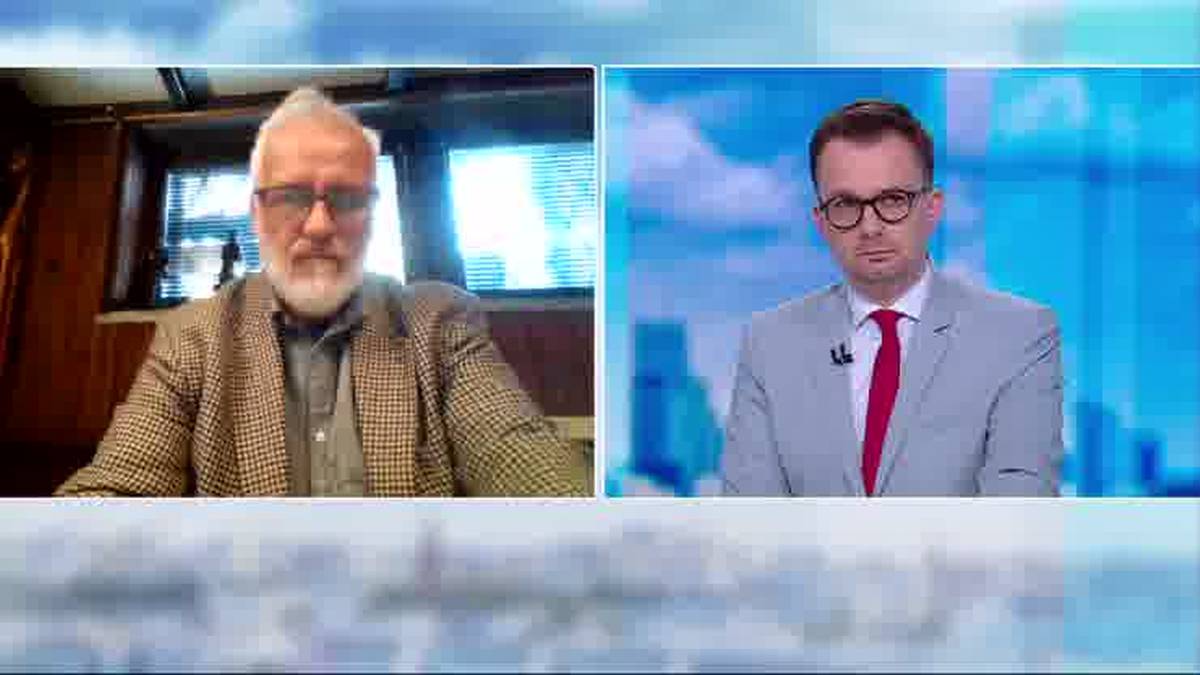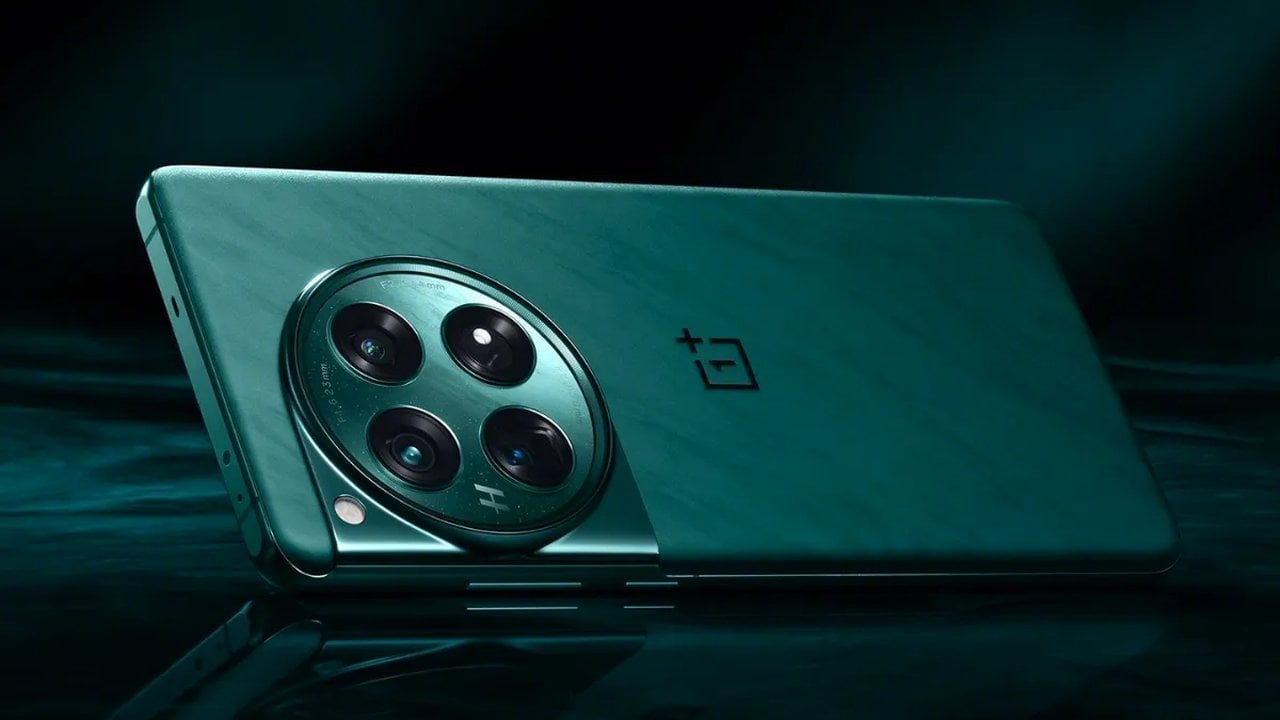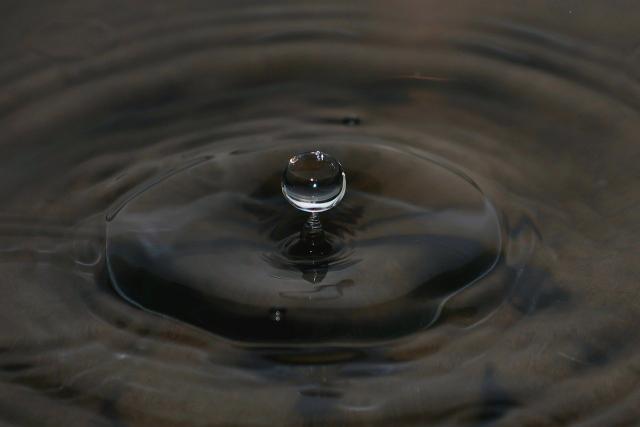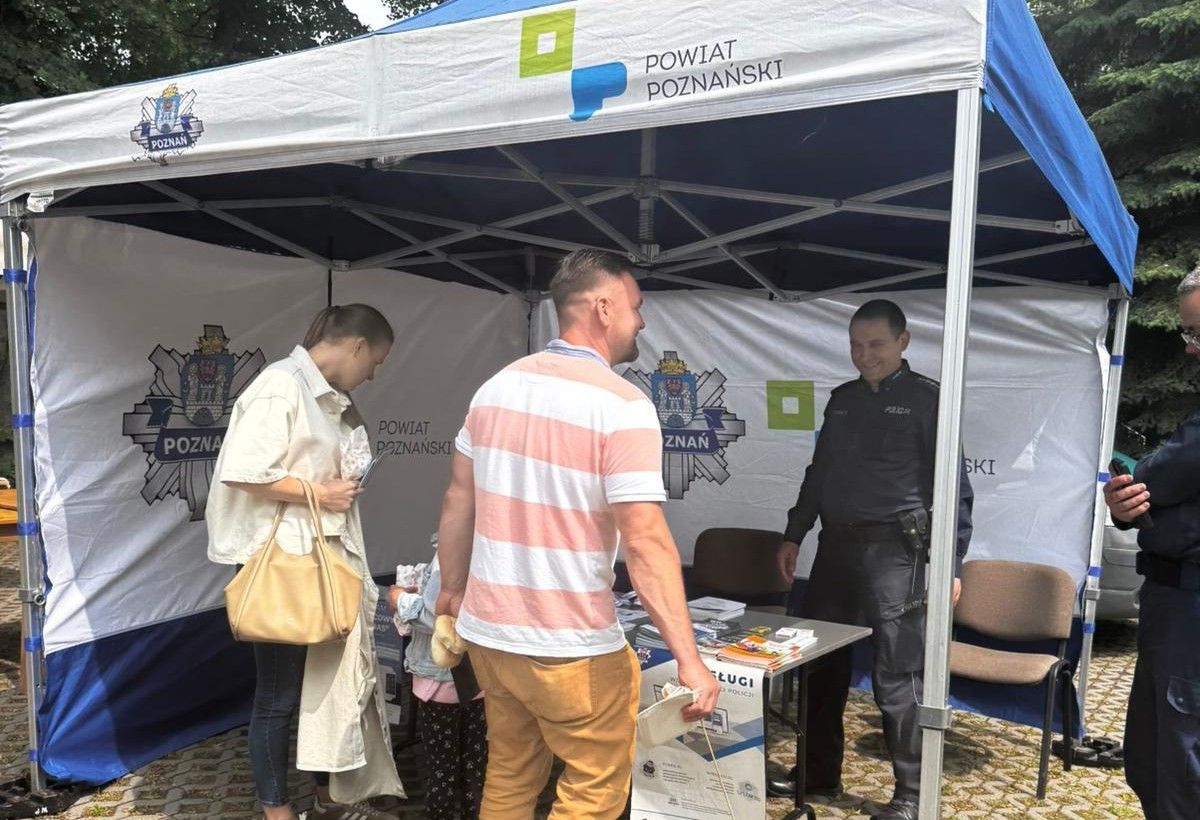NATO chief Mark Rutte said Russia is investigating the anticipation of atomic weapons being placed in space.
Russia explores the anticipation of atomic weapons being placed in space – reported NATO chief Mark Rutte in an interview with “Welt am Sonntag”. As he added, he is “very concerned”. He assessed that this would give Moscow the chance to drop thousands of satellites, which are responsible, among others, for defence.
W NATO There's expected to be a sense of concern about the pursuit. Russian Federation to deploy atomic weapons in space. This could endanger thousands of satellites orbiting the Earth.
"We are aware of reports that Russia is investigating the anticipation of atomic weapons being placed in space," said NATO Secretary-General Mark Rutte.
Russia wants to deploy atomic weapons into space. ‘A way to improve capacity’
As he explained, in an interview published on Saturday, this decision would increase Moscow's capabilities, whose current capabilities are to be "obsolete". "Therefore, the improvement of atomic weapons in space is for Russia a way to improve their abilities. This is very disturbing," he said.
SEE: NATO chief went to Trump's Florida residence. Rutte has the nickname “Trump Whisperer”
"Space is besides very important for our deterrence and defence “Just as crucial as land, sea, air and cyberspace,” explained Rutte. He added that “space has become increasingly crowded, dangerous and unpredictable in fresh years.”
NATO responds to challenges. ‘Construction of command centres’
Rutte pointed out that if Russia took that step, it would, that would mean a clear violation of the Treaty on Space of 1967, which was ratified by a full of 114 states.
Its provisions govern the state's activities in space exploration and use, including the Moon and another celestial bodies.
SEE: Rutte-Dud meeting. ‘NATO must be ready’
However, the Head of the Alliance stressed that associate States are adapting to the challenges in this space. ‘(...) which includes the exchange of intelligence and construction of national space command centres, but besides the improvement of smaller satellites that are more feedbackable and better protected," we read.

You want to keep up with the latest news?
We're in the app for your phone. Test us!














